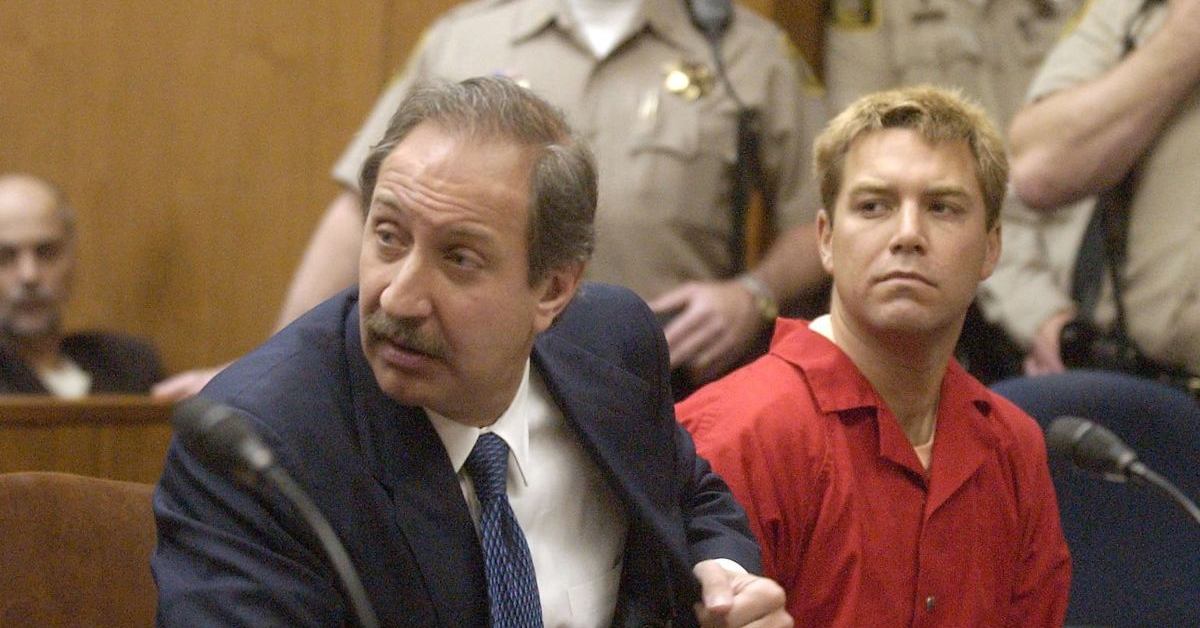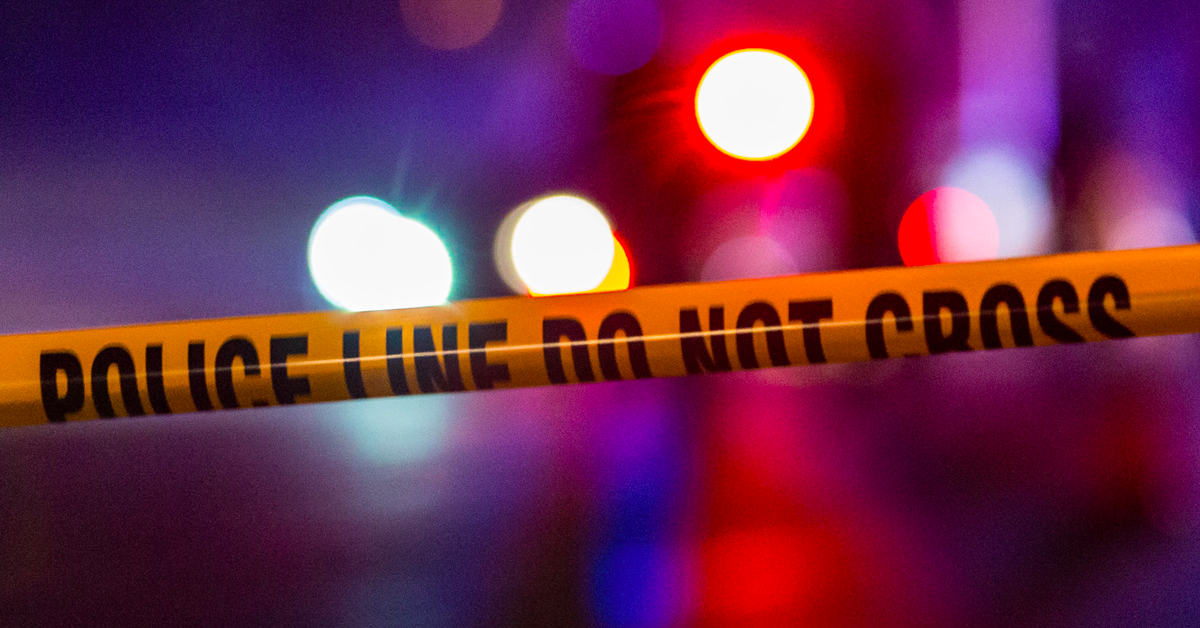Kern County saw a large jump in the number of active coronavirus cases within its borders, announcing eight new cases on Wednesday.
Kern County now has 23 total cases among residents, and one case in a non-resident.
Meanwhile, the Fresno County Department of Public Health announced one new case of coronavirus on Wednesday, bringing its total count in the county to 19.
Officials are investigating how the individual contracted COVID-19. Of the 19 positive tests, 11 are under investigation, six are travel related and two are from person-to-person contact.
Kern County has conducted 936 total tests, receiving back 501 negative results while 411 are still pending.
FCDPH officials said that Fresno County has tested approximately 300 individuals, 90 of which are still pending results.
Dr. Rais Vohra, Interim Health Officer for the Fresno County, said Tuesday that several infected individuals had recovered.
He corrected that statement on Wednesday, saying one individual has fully recovered and the rest are recovering at home, and he expects them all to recover.
David Pomaville, the Director of Fresno County Public Health, said the department has been tracking and monitoring about 670 people who traveled to an area that experienced an outbreak of coronavirus.
“We check in with them on a very regular basis, and then if they become symptomatic, then we have them tested,” Pomaville said. “But we’ve cleared about 320 of them.”
Pomaville said the department has about 200 test kits available each day and are getting results back anywhere from two days to a week.
That length of time to receive the results back presents a challenge to the whole process, Vohra said.
“So whenever a doctor does a test by swabbing a patient, the fact that it takes three days for that test to come back makes it a pretty low utility test at the time that the patient is being seen,” Vohra said. “The most important thing that that patient needs to hear is, ‘You got tested because you have a respiratory illness. Go ahead and go home and don’t give this bug to anybody else.’
“And that’s why the social isolation is much more important than the test result. The social isolation is actually what’s going to break the chain of transmission. The number of tests that we do, the number of positives and negatives that come back – because the test is so delayed, it actually won’t ever let it catch up with putting a stop to this epidemic.”
On Tuesday, Vohra warned, “The clouds are gathering, and we’re in for some ominous times.” He stood by that statement on Wednesday and continued to stress the importance of social distancing in delaying and minimizing the number of hospitalizations.
“Everyone has a role to play, whether you’re in the medical field, whether you’re a first responder or whether you’re just a member of the general public,” Vohra said. “The best thing you can do is stop the chain of transmission from human to human.
“And that means keeping your distance at least six feet at all times whenever you’re out and about, and also going into your home and isolating yourself whenever you first come down with fevers and really trying to recover from any mild illnesses at home so that you’re not passing on this germ to other people.”











